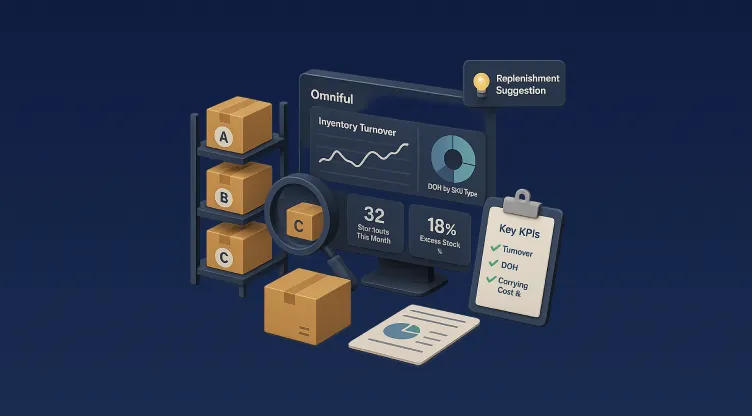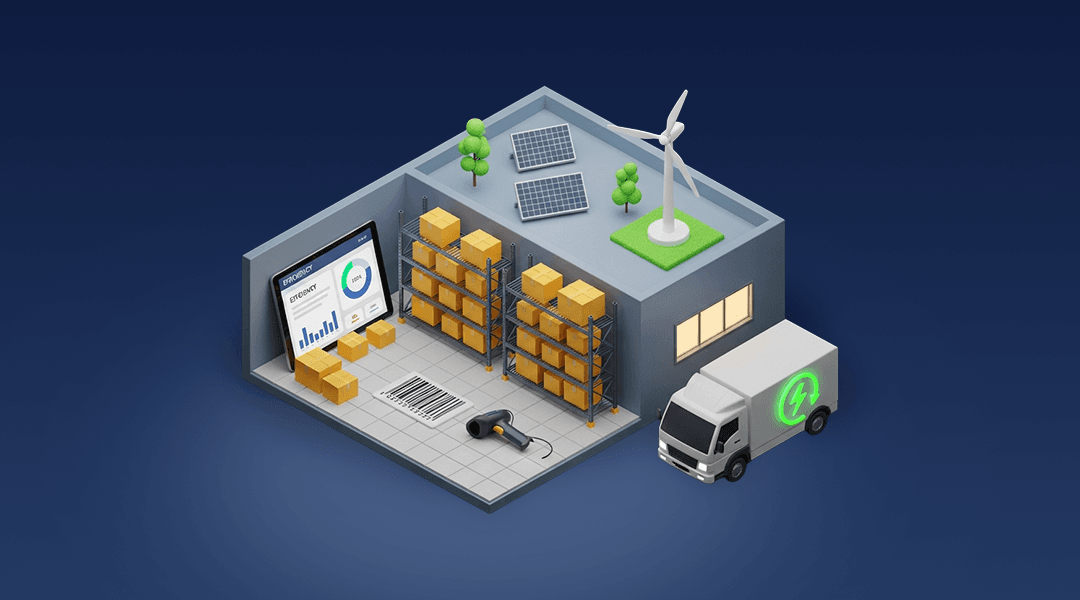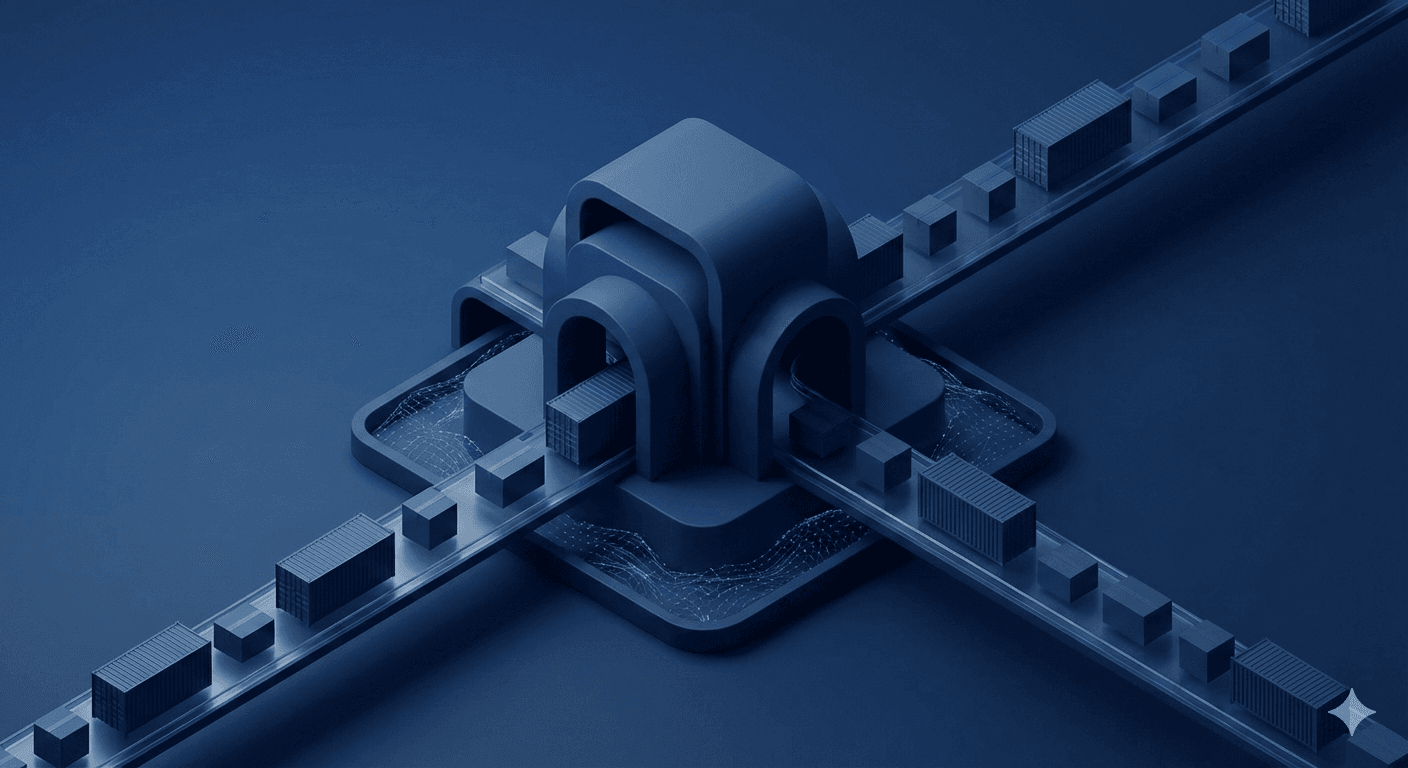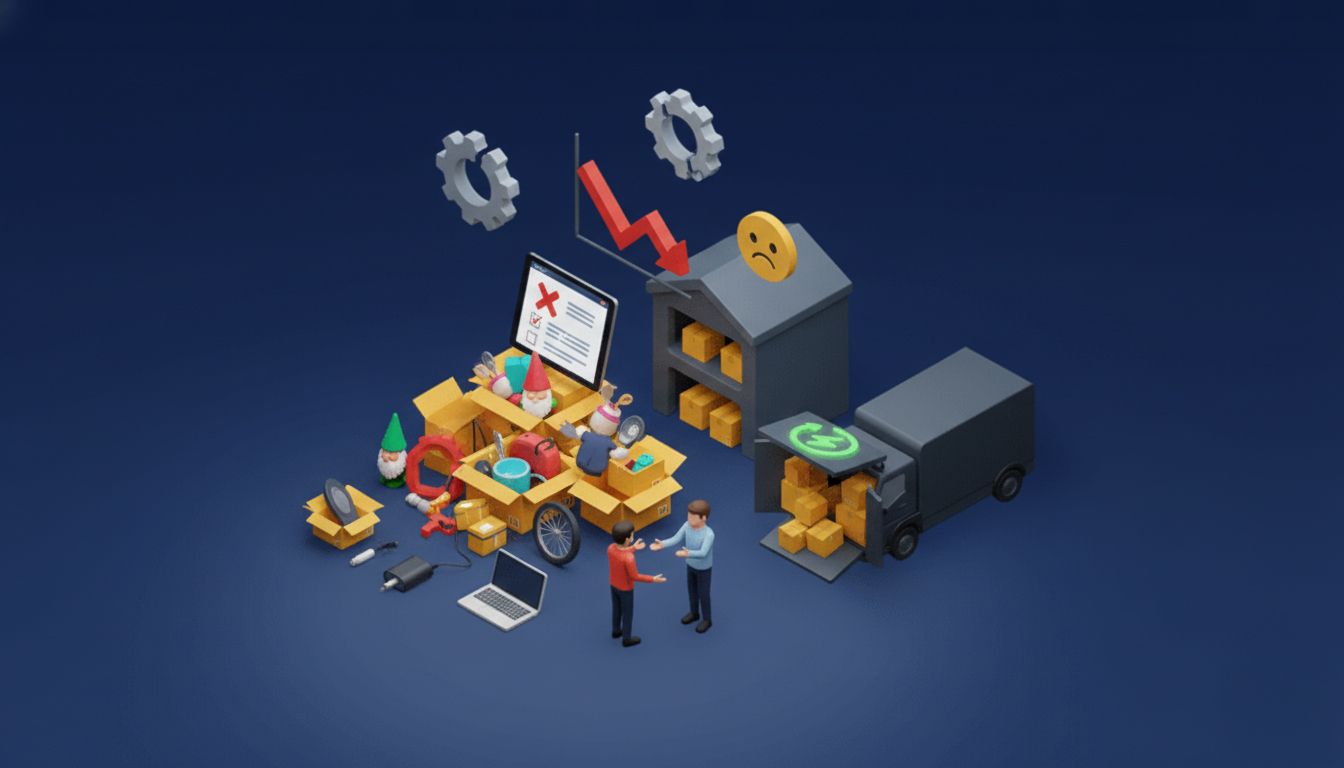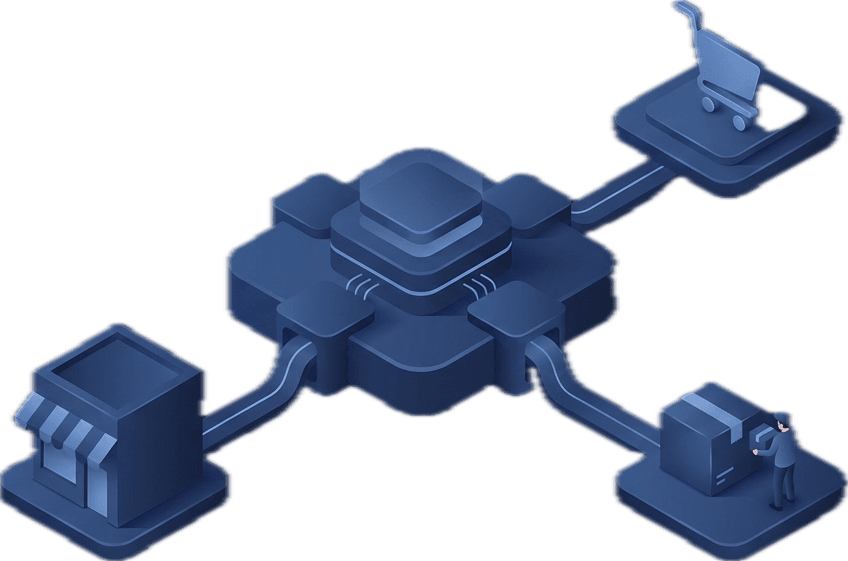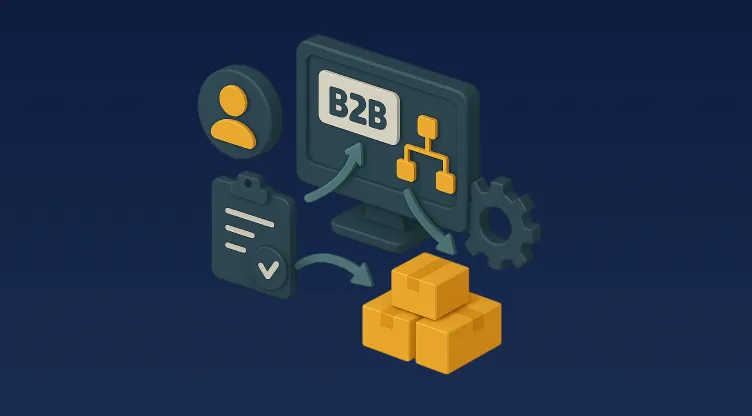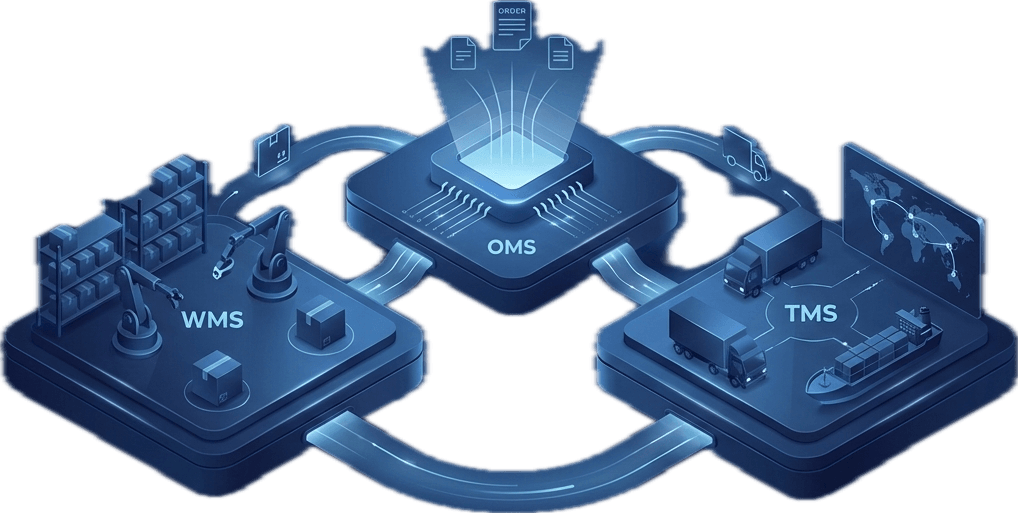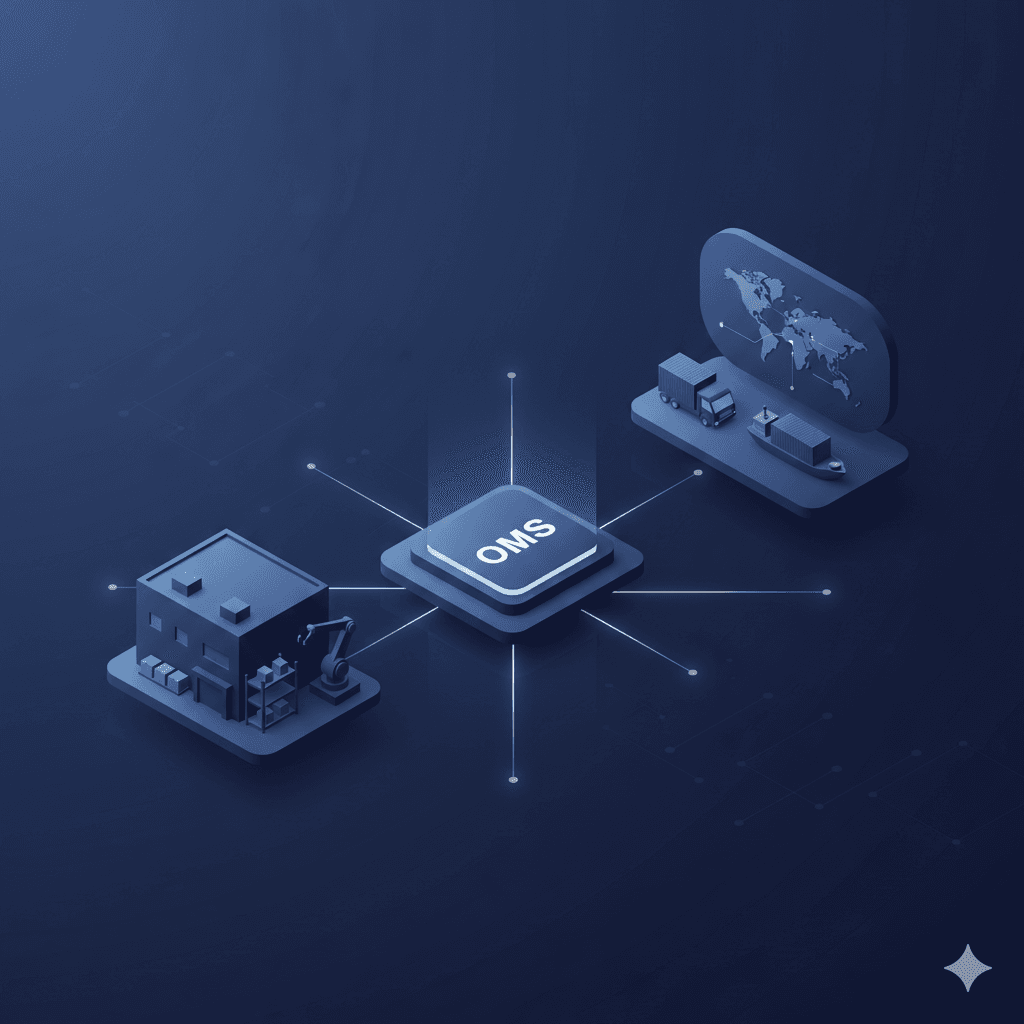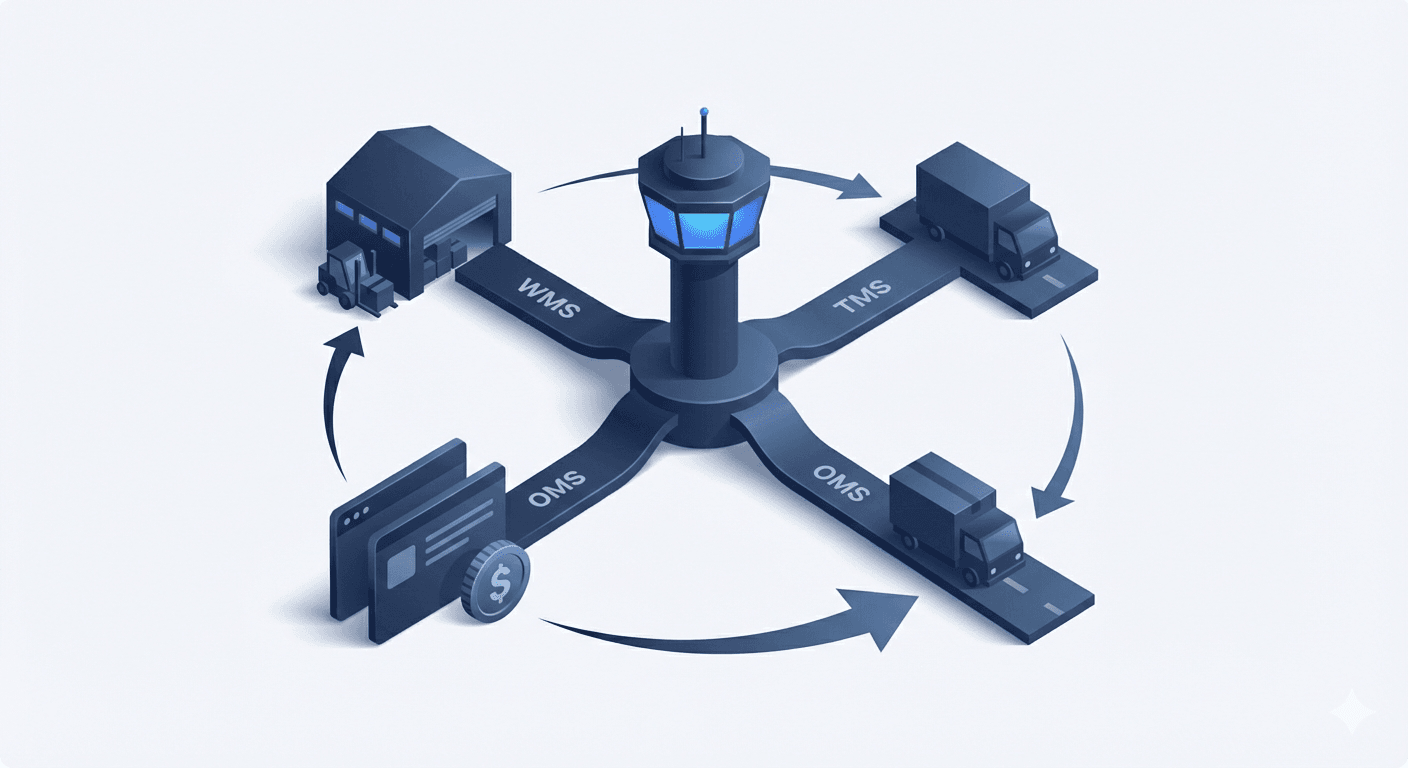Scaling ERP Systems: From Simple Modules to Enterprise Giants

Table of Contents
Fast Track to Growth – The Executive Snapshots
- Small ERP modules can evolve into enterprise-wide platforms.
- Scalability supports growing inventory, sales channels, and logistics demands.
- Modular ERP allows phased implementation based on current needs.
- Integration with Order Management Systems and Warehouse Management Systems is key.
- Future-ready ERP supports plug-and-play APIs and AI-powered features.
- Flexibility and cost control make scalable ERPs ideal for MENA SMEs.
Introduction: Why ERP Scalability Matters in MENA
ERP systems are the backbone of efficient business operations. In the MENA region, businesses are scaling fast—driven by eCommerce, digital transformation, and national visions like Saudi Vision 2030. As they grow, so must their tools. A small ERP module set may be enough today, but tomorrow’s expansion demands a system that can evolve.
Scalable ERP solutions allow you to start lean and grow big. You can begin with inventory and finance modules. Later, integrate advanced features like Returns Management, Shipping Gateways, or even AI-powered analytics. This flexibility is essential for MENA-based businesses facing rapid change and unique logistics challenges.
Understanding ERP Scalability
What Does It Mean to Scale an ERP?
ERP scalability means your system grows as your business does. It supports more users, products, warehouses, and transactions without breaking performance.
A scalable ERP should:
- Allow modular expansion
- Support multi-language and multi-currency operations
- Handle increasing data volumes smoothly
- Integrate seamlessly with new platforms
Why Modular Design Is the Heart of Scalable ERPs
Scalable ERP systems offer modularity. You only install what you need—no bloat. This is cost-effective and reduces training time. Need Inventory Management? Start with that. Add Point of Sale later when you launch retail.
This piecemeal structure benefits SMEs in the MENA region, especially those navigating regional logistics, workforce diversity, and omnichannel retail needs.
How Growth Challenges ERP Systems
Challenge: Growing Sales Channels
Most MENA businesses now sell on multiple platforms—Amazon, Noon, Shopify, or local e-commerce channels. Your ERP must sync orders across all these platforms without delay.
Without scalability, you get:
- Order duplication
- Inventory mismatches
- Slow fulfilment and refunds
Challenge: Warehouse & Inventory Expansion
Opening new warehouses in Riyadh, Jeddah, or Dubai? Each site adds complexity. A scalable ERP must support real-time, multi-location inventory.
You need:
- Real-time inventory tracking across hubs
- Integration with Warehouse Management Systems
- Mobile app functionality for in-field updates
Challenge: High SKU and Order Volumes
A small perfume brand may start with 100 SKUs. But with market success, it could scale to 10,000 SKUs. Without a scalable system, order fulfilment breaks down.
Look for ERP features such as:
- Batch & lot tracking
- Barcode scanning
- Order automation
Benefits of a Scalable ERP System
Pay-As-You-Grow Flexibility
With modular systems, you avoid upfront investment in unused features. This is critical in MENA markets where cash flow must remain agile.
Example: Start with an Order Management System and layer in Returns once customer volumes increase.
Easy Integration with Modern Tools
Modern ERP systems offer plug-and-play integrations. This supports tools like:
- Shipping Gateway
- Transportation Management Systems
- eCommerce platforms like Zid, Shopify, Salla, and WooCommerce
Such integrations ensure faster operations and fewer manual tasks.
Boost in Operational Accuracy
ERP scalability is not just about doing more—it’s about doing better. Integrated systems reduce human errors, duplication, and delays.
Expect:
- Improved order accuracy
- Lower return rates
- Better customer satisfaction
Real-World Example: From Startup to Scale in Saudi Arabia
Laverne, a leading fragrance brand in KSA, initially faced 4–6-day delivery cycles. By switching to a scalable ERP stack—integrated with WMS, OMS, and POS—they achieved:
- Delivery times of 2–3 hours in Riyadh
- Full inventory accuracy
- Drastic reduction in 3PL expenses
They didn’t implement everything on day one. The system scaled with their needs.
Key Features to Look for in Scalable ERP Systems
Modular Implementation Options
Choose ERP platforms where each module operates independently. Whether you want inventory control, finance, or HR—start where it matters.
Cloud-Based Architecture
Cloud ERPs are naturally scalable. They allow:
- Instant upgrades
- API-based integrations
- Remote access for distributed teams
Real-Time Analytics
ERP systems with built-in dashboards help track metrics like:
- Inventory turnover
- Fulfilment rates
- SLA compliance
Pair this with Predictive Analytics to plan better.
Localisation Capabilities
In the MENA region, your ERP must handle:
- Arabic UI/UX
- Regional tax laws (e.g., ZATCA compliance)
- Multi-currency payments
Look for flexible configurations and Arabic language support.
How to Begin Your ERP Scalability Journey
Step 1: Assess Your Current Needs
Start by understanding your operations. Do you need better inventory control or enhanced customer order visibility?
Start with core modules:
- Inventory
- Finance
- Procurement
Step 2: Identify Growth Goals
Plan for 12 to 24 months:
- Launching new channels?
- Expanding into GCC or North Africa?
- Building in-house fulfilment?
Choose a platform that supports these goals.
Step 3: Choose the Right Partner
Select vendors that offer:
- Plug-and-play architecture
- Arabic support
- Strong local references
- Transparent pricing
For example, Omniful offers a modular, AI-powered ERP backbone built for MENA commerce and logistics.
Frequently Asked Questions
What does ERP system معنى in Arabic?
ERP system معنى in Arabic is نظام تخطيط موارد المؤسسة، وهو نظام يربط بين الإدارات ويُحسّن من كفاءة العمليات.
Is ERP scalability essential for small businesses?
Yes. Starting with a basic module and adding more features later helps small firms manage costs and scale gradually.
How does ERP login matter in scalability?
A centralised, secure ERP login system ensures all departments access one unified database—crucial for multi-site operations.
What is the best ERP software for MENA logistics?
Look for ERPs like Omniful, built with native support for local operations, logistics integrations, and Arabic language.
Can a scalable ERP integrate with eCommerce platforms?
Absolutely. Modern ERPs offer APIs or connectors for platforms like Zid, Shopify, and Salla, essential for omnichannel success.
Final Thoughts: Future-Proofing with ERP Scalability
MENA businesses are entering a new phase of digital growth. Whether you run a single store or manage multiple warehouses, scalable ERP systems are your foundation for success.
With modular design, plug-and-play integrations, and regional customisation, scalable ERPs deliver the flexibility and performance needed to compete in modern trade. Make the smart move—invest in scalability now and prepare your operations for what’s next.



